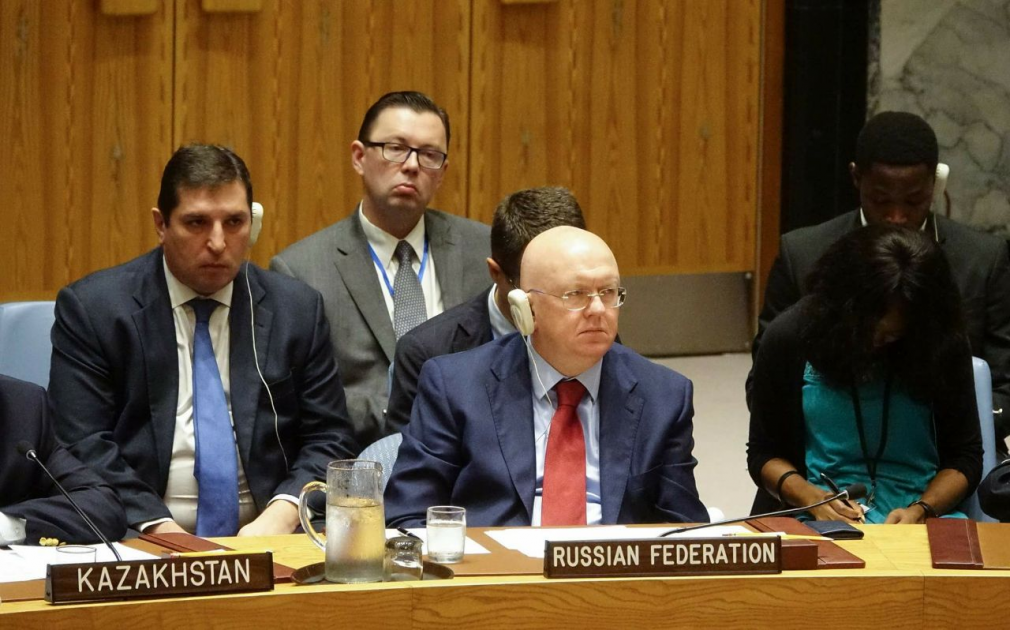Statement by Ambassador Vassily A. Nebenzia, Permanent Representative of the Russian Federation to the United Nations, during the UN Security Council meeting on enhancing the effectiveness of United Nations sanctions
We are grateful to the Egyptian delegation for organizing today’s meeting and for the briefing by Mr. Zerihoun, Assistant Secretary-General for Political Affairs.
Sanctions are one of the most important instruments in the Security Council’s toolbox. However, political practice has shown that restrictive measures cannot be an end in themselves. Their job is to assist in the achievement of political and diplomatic solutions to conflict situations, and the Council alone has the right to impose and use them in support of the clear and legitimate goals that are enshrined in the Charter of the United Nations.
We recognize the importance of improving sanctions. We believe they should be limited in duration, subject to regular review and have clear criteria for being phased out. It is important to ensure that they focus on those who are genuinely responsible for instigating crises. They should not harm civilians or socioeconomic development, which is why it is essential to study the situation carefully before introducing them.
Using restrictive measures to overthrow objectionable regimes, including through economic strangulation or by influencing their circumstances, is unacceptable. We believe that the wilful interpretation of sanctions decisions is illegitimate. Experience has shown that it is liable to increase chaos and worsen civilian populations’ suffering.
It is also important to ensure that sanctions texts do not depart from generally recognized international legal standards. Sanctions should never be wielded as a club against diplomatic and consular representatives, whose activities have been seriously complicated by expanded interpretations of existing restrictions, constituting a violation of the Vienna Conventions.
With regard to the work of the Security Council Sanctions Committees, I would like to emphasize that any infringement on their prerogatives should not tolerated. In particular, we see no need for duplicating their powers by adding bureaucratic superstructures, including working groups. Every sanctions regime is individual and unique by definition, and what is useful for some issues can be counterproductive for others.
It is important to emphasize that as an intergovernmental organization, the United Nations should reserve the prerogative of decision-making for Member States. In that context, we are wary of the idea of introducing supporters of stakeholders into the decision-making chain. It is no secret that they may be fronting for influence groups interested in a particular outcome, not to mention the fact that most of the Sanctions Committees have their own monitoring groups providing independent evaluations and recommendations.
It is regrettable that the use of unilateral restrictions, often on top of Security Council decisions, is becoming the norm today. That frequently implies unfair economic competition. Such policies undermine political and diplomatic efforts to resolve crises, run counter to efforts to strengthen international cooperation, violate States’ sovereignty and legitimate interests and have nothing to do with the concerns of a global Organization.
We are ready to continue constructive discussion of the issue of improving sanctions mechanisms. In that context, we believe it would be useful to return to the results of the Council’s Informal Working Group on General Issues of Sanctions. Its achievements, including a final report (S/2006/997), made a significant contribution to improving the effectiveness of the work of the relevant Committees. Many of them could be adapted to current realities.
